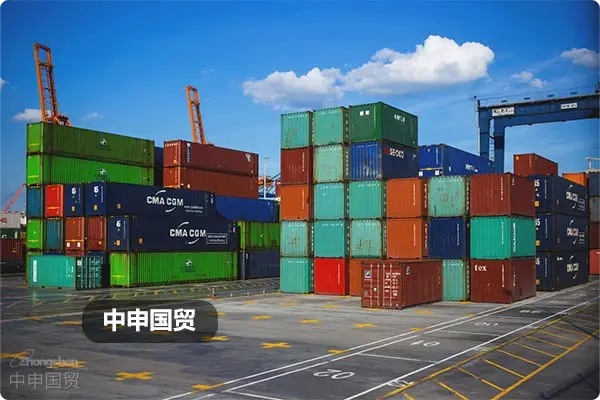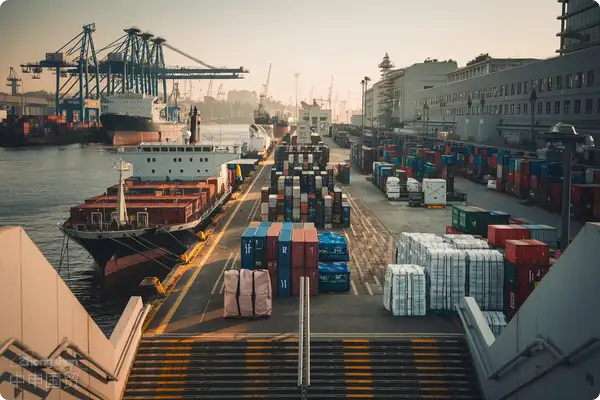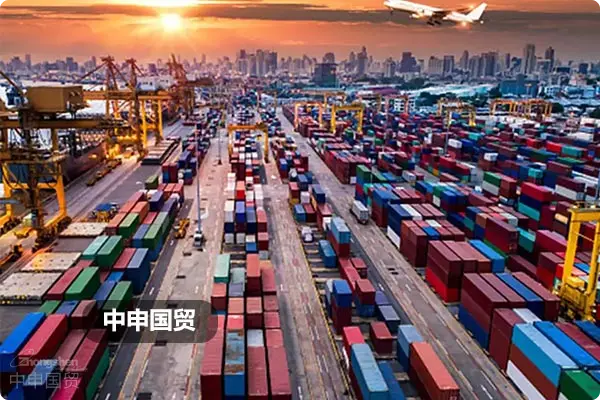- Shanghai Zhongshen International Trade Co., Ltd. - Two decades of trade agency expertise.
- Service Hotline: 139 1787 2118
In theforeign tradeIn the industry, AB document operation is seen by some companies as flexible response to market demands. However, this practice not only carries legal risks but may severely impact corporate compliance and reputation. So how exactly does AB document operation work, and what potential risks does it bring?

AB document operation is a gray-area practice in foreign trade, typically involving two types of customs declarations: genuine declarations (A documents) for normal customs clearance and tax rebates, and false declarations (B documents) for covertly exporting partial shipments. This practice is more common in flexible operation ports (like Shenzhen) but carries high legal and operational risks.
AB Document Operation Process
A Document (Genuine Customs Declaration):
? Normal customs declaration with accurate quantity and value
? Used to obtainExport Drawback.
? Legal trade contracts, invoices, packing lists all match actual goods
B Document (False Customs Declaration):
? Used to conceal partial shipments
? These goods are undeclared or under-declared to evade tariffs or other regulations
? Often mixed with normal goods through LCL, creating discrepancies between actual and declared quantities
Key Features
? LCL Customs Declaration:Through LCL operations, goods from Order A and Order B are mixed in the same container for export.
? Two Customs Declarations:Order A undergoes normal customs declaration, while Order B is smuggled through.
? Tax Refund Operation:Goods under Order A are normally declared and enjoy export tax rebates, whereas goods under Order B are either undeclared or under-declared, forfeiting tax refunds but avoiding tariffs and other regulatory costs.
Risks and Legal Issues
? Legal Risks:This practice is illegal. If discovered by customs, it will be treated as smuggling or misdeclaration, facing fines, cargo seizure, or even criminal penalties.
? Inspection Risks:If customs inspection finds discrepancies between the goods and the declaration, the entire container may be detained, causing severe losses to the enterprise.
? Reputation Risks:Once exposed, the enterprises reputation will suffer, potentially leading to inclusion on customs blacklists and affecting future trade operations.
Industry Description
Industry terms like LCL orders and containerized exports indicate market demand for such practices. However, due to their illegality and high risk, they are not sustainable business models. Higher costs compared to standard operations reflect the added expenses from elevated risks.
Compliance Suggestions
? Strict Compliance with Customs Regulations:Ensure all customs documents match the goods to avoid legal risks.
? Robust Internal Management:Establish comprehensive internal controls to guarantee compliance for every transaction.
? Seek Professional Advice:Consult professional customs brokers or legal advisors for complex operations to ensure legality and compliance.import and exportIn summary, while AB order operations exist in certain regions and industries, their high risk and illegal nature make them inadvisable. Enterprises should opt for lawful and compliant trade methods.
Pitfalls for Foreign Trade Enterprises: What Risks Do AB Order Operations Pose?
Related Recommendations
? 2025. All Rights Reserved. 滬ICP備2023007705號-2  PSB Record: Shanghai No.31011502009912
PSB Record: Shanghai No.31011502009912










